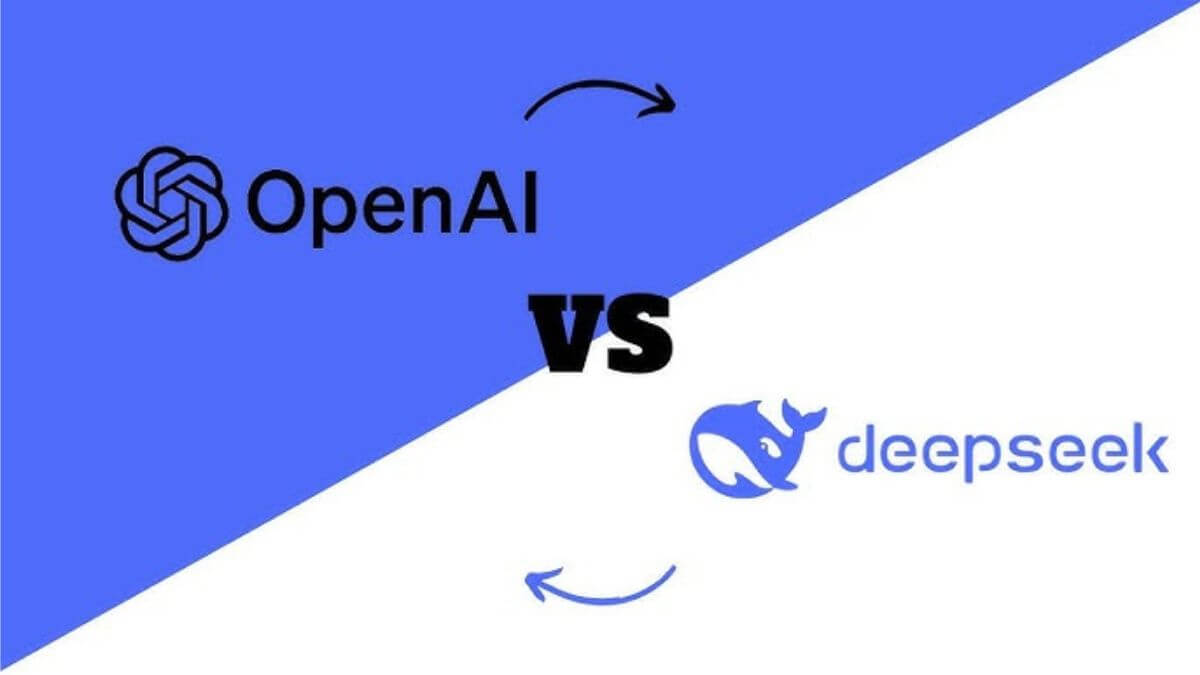Home / pet-and-animal / Safe Human Foods for Pets: What Your Furry Friend Can Eat Without Worry
Safe Human Foods for Pets: What Your Furry Friend Can Eat Without Worry
By: My India Times
4 minutes read 32Updated At: 2025-01-31

Many pet owners love to share their food with their furry companions, but not all human foods are safe for pets. While some foods can be highly nutritious, others can cause serious health issues. Knowing what is safe to feed your pet ensures they stay healthy and happy.
Fruits are a great addition to a pet’s diet, providing essential vitamins and hydration. Apples are rich in fiber and vitamin C, making them a great snack for dogs. However, the seeds must be removed, as they contain cyanide, which is toxic. Bananas are another safe option, offering potassium and natural sweetness, but they should be given in moderation due to their sugar content. Blueberries are packed with antioxidants and are safe for both dogs and cats, supporting their immune system. Watermelon is a refreshing treat, especially in hot weather, but the seeds and rind should be removed before feeding. Pumpkin is another excellent choice, as it aids digestion and helps with constipation or diarrhea in both dogs and cats. However, fruits like grapes, raisins, cherries, and citrus fruits should be strictly avoided, as they can be toxic and cause serious health problems.
Vegetables are another great source of nutrients for pets. Carrots are a popular choice, as they are crunchy, rich in beta-carotene, and promote good vision and dental health. Green beans, whether cooked or raw, are packed with vitamins and low in calories, making them a great treat for weight management. Sweet potatoes contain fiber, vitamins, and antioxidants that support digestive health. Spinach can be given in small amounts, as it contains iron and vitamins, but excessive consumption can lead to kidney problems in some pets. Onions, garlic, and mushrooms should be strictly avoided, as they are toxic to both dogs and cats and can cause severe health complications.
Protein sources can be a valuable addition to a pet’s diet if given correctly. Cooked chicken is one of the best protein sources for pets and is often included in commercial pet food. It is lean, rich in essential amino acids, and gentle on the stomach. Eggs provide protein and essential nutrients that promote healthy skin and coat. Fish, such as salmon, is high in omega-3 fatty acids, which improve joint health and reduce inflammation. However, fish should always be cooked and free of bones. Avoid giving raw fish, as it can contain parasites harmful to pets. Lean beef and turkey are also safe but should be cooked without seasoning, as spices, garlic, and onions can be toxic.
Dairy products can be enjoyed by some pets but should be given in moderation. Many pets are lactose intolerant, meaning their bodies struggle to digest dairy. Plain yogurt is one of the best options, as it contains probiotics that support gut health. Cheese can be given in small amounts, preferably low-fat options like cottage cheese. Milk, however, should generally be avoided, especially for adult cats and dogs, as it can cause digestive upset.
Grains and legumes can be a good source of energy and fiber for pets. Plain rice and oatmeal are gentle on the stomach and can be useful when a pet has an upset stomach. Quinoa is another nutritious grain that provides protein and essential nutrients. However, processed foods like bread, pasta, and sugary cereals should be avoided, as they offer little nutritional value and can contribute to weight gain.
Certain nuts and seeds should be avoided entirely, as they can be toxic. Macadamia nuts are extremely dangerous to dogs and can cause weakness, vomiting, and tremors. Almonds and walnuts can be hard to digest and may pose a choking hazard. However, peanut butter (unsweetened and free of xylitol) is generally safe in small amounts and can be a great way to hide medication for pets.
Ensuring that pets get the right food is essential for their health and longevity. While sharing food with them can be a bonding experience, it’s crucial to make informed choices. When in doubt, consulting a veterinarian before introducing new foods into a pet’s diet is always the best approach.
....Many pet owners love to share their food with their furry companions, but not all human foods are safe for pets. While some foods can be highly nutritious, others can cause serious health issues. Knowing what is safe to feed your pet ensures they stay healthy and happy.
Fruits are a great addition to a pet’s diet, providing essential vitamins and hydration. Apples are rich in fiber and vitamin C, making them a great snack for dogs. However, the seeds must be removed, as they contain cyanide, which is toxic. Bananas are another safe option, offering potassium and natural sweetness, but they should be given in moderation due to their sugar content. Blueberries are packed with antioxidants and are safe for both dogs and cats, supporting their immune system. Watermelon is a refreshing treat, especially in hot weather, but the seeds and rind should be removed before feeding. Pumpkin is another excellent choice, as it aids digestion and helps with constipation or diarrhea in both dogs and cats. However, fruits like grapes, raisins, cherries, and citrus fruits should be strictly avoided, as they can be toxic and cause serious health problems.
Vegetables are another great source of nutrients for pets. Carrots are a popular choice, as they are crunchy, rich in beta-carotene, and promote good vision and dental health. Green beans, whether cooked or raw, are packed with vitamins and low in calories, making them a great treat for weight management. Sweet potatoes contain fiber, vitamins, and antioxidants that support digestive health. Spinach can be given in small amounts, as it contains iron and vitamins, but excessive consumption can lead to kidney problems in some pets. Onions, garlic, and mushrooms should be strictly avoided, as they are toxic to both dogs and cats and can cause severe health complications.
Protein sources can be a valuable addition to a pet’s diet if given correctly. Cooked chicken is one of the best protein sources for pets and is often included in commercial pet food. It is lean, rich in essential amino acids, and gentle on the stomach. Eggs provide protein and essential nutrients that promote healthy skin and coat. Fish, such as salmon, is high in omega-3 fatty acids, which improve joint health and reduce inflammation. However, fish should always be cooked and free of bones. Avoid giving raw fish, as it can contain parasites harmful to pets. Lean beef and turkey are also safe but should be cooked without seasoning, as spices, garlic, and onions can be toxic.
Dairy products can be enjoyed by some pets but should be given in moderation. Many pets are lactose intolerant, meaning their bodies struggle to digest dairy. Plain yogurt is one of the best options, as it contains probiotics that support gut health. Cheese can be given in small amounts, preferably low-fat options like cottage cheese. Milk, however, should generally be avoided, especially for adult cats and dogs, as it can cause digestive upset.
Grains and legumes can be a good source of energy and fiber for pets. Plain rice and oatmeal are gentle on the stomach and can be useful when a pet has an upset stomach. Quinoa is another nutritious grain that provides protein and essential nutrients. However, processed foods like bread, pasta, and sugary cereals should be avoided, as they offer little nutritional value and can contribute to weight gain.
Certain nuts and seeds should be avoided entirely, as they can be toxic. Macadamia nuts are extremely dangerous to dogs and can cause weakness, vomiting, and tremors. Almonds and walnuts can be hard to digest and may pose a choking hazard. However, peanut butter (unsweetened and free of xylitol) is generally safe in small amounts and can be a great way to hide medication for pets.
Ensuring that pets get the right food is essential for their health and longevity. While sharing food with them can be a bonding experience, it’s crucial to make informed choices. When in doubt, consulting a veterinarian before introducing new foods into a pet’s diet is always the best approach.
By: My India Times
Updated At: 2025-01-31
Tags: pet-and-animal News | My India Times News | Trending News | Travel News
Join our WhatsApp Channel

Similiar News

US Supreme Court Rejects 26/11 Accused Tahawwur Rana’s Plea to Block Extradition to India
2025-03-08

































































.jfif)









.jpg)































































































.png)
 (1).png)























